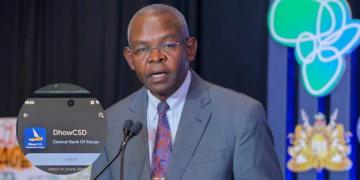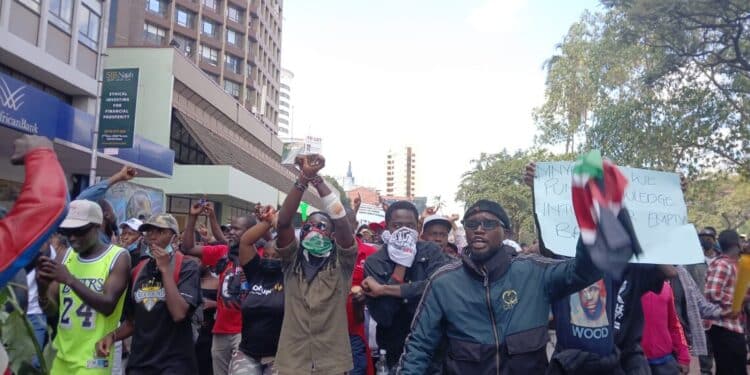Amid ongoing protests over extrajudicial killings, police brutality, calls for justice and good governance in Kenya, many are questioning why the United Nations (UN) has remained silent.
Despite viral videos, public outcry, and growing frustration on the streets, the global body remains uninvolved, leaving citizens wondering what it takes for international action to be triggered.
According to Faridah Ally, a Youth Advisory Board Member at the United Nations Human Rights, intervention is not automatic, and a specific process must be followed.
Speaking in response to a question she raised at a recent human rights forum in Switzerland, Faridah explained that the UN does not act based on social media videos or trending hashtags alone.
Instead, action begins when a formal complaint is submitted with evidence.
“The truth is: the United Nations can’t act automatically. It’s not enough that there are protests or viral videos,” she said.
“For them to intervene, someone has to formally submit a complaint with evidence. That’s how the process begins.”
Why won’t UN intervene in Kenya’s situation immediately
This evidence must be detailed and documented. It includes names of victims or perpetrators, locations and dates, photos and videos of the incidents, eyewitness accounts and a clear explanation of what happened.
“If we don’t do this, the system has nothing to act on,” she warned.
Once all this is gathered, the information should be submitted through the UN Human Rights complaint platform: https://spsubmission.ohchr.org.
These complaints go directly to UN Special Rapporteurs — independent experts who can take real action.
“They can raise formal concerns with the government, demand a response, report to the world, and increase diplomatic pressure,” Faridah said.
“It’s not instant, but it adds real weight.”
Also Read: Faces Behind the Saba Saba Protests Who Are Still Alive
United Nations Action Needs Evidence, Not Just Outrage
But what if the government ignores or doesn’t respond?
Faridah outlined the next steps: local Non-Governmental Organizations (NGOs) and coalitions can seek justice through national courts.
If that fails, the case may be escalated to the International Criminal Court (ICC).
However, she cautioned that the ICC only takes on the most serious cases, and prosecuting high-ranking officials remains difficult due to immunity laws.
“So yes, there’s a path but it’s not simple,” she added.
“We can’t afford to be silent. We protest, we post, we publish, and we document because one day, there will be a reckoning. And we’ll need evidence.”
Faridah also stressed the importance of using access to global spaces like the United Nation to amplify local injustices.
“The UN won’t swoop overnight. But there is a process, and it starts with us. It was important for me to ask that question because if we have access to these rooms, we must use it to spotlight the violations,” she said.
“Now I asked, we know the mechanism. So, let’s organize strategically.”
Opposition Vows to Take Ruto to ICC
The United Opposition, led by former Deputy President Rigathi Gachagua, People Liberation Party (PLP) Leader Martha Karua, and Wiper Democratic Movement Leader Kalonzo Musyoka, has in the past announced plans to file a case at the International Criminal Court (ICC), accusing President William Ruto’s administration of committing crimes against humanity.
They further accused him of deploying rogue police units and forming illegal alliances with militia gangs, which they claim resemble Haiti-style death squads.
The opposition bloc said it is compiling evidence to submit to the ICC in a bid to hold President Ruto accountable for alleged crimes against humanity.
In a strongly worded statement, the opposition condemned what it described as the “brazen shooting of unarmed citizens” during peaceful protests in Nairobi’s CBD
“We have been collecting evidence, and our teams are currently compiling the same to hand over to the ICC Prosecutor. Mr Ruto must answer for his crimes against humanity,” read the joint statement.
Also Read: Anti-Ruto MP Arrested as Saba Saba Deaths Rise
Deaths Sweep Kenya on Saba Saba Anniversary
At least 11 people were killed during the Saba Saba protests and 567 arrested, National Police Service (NPS) said.
NPS hailed their officers for showing what they called “exceptional restraint and professionalism,” even as they faced “sustained violence and provocation by criminals who infiltrated the protests.”
The Kenya Human Rights Commission (KHRC), earlier, reported at least 10 deaths, accusing security forces of using excessive force, a pattern it says has become frequent in the ongoing wave of demonstrations.
“Police operated in plainclothes and unmarked vehicles” on Monday and collaborated with “armed criminal gangs in Nairobi, Kajiado, Nakuru, Kiambu, and Eldoret”, KHRC reported.
The human rights watchdog also documented two cases of abduction, 29 injuries, and 37 arrests across the country.
Across cities and informal settlements, angry youth clashed with armed police, venting frustration over soaring unemployment and demanding for President William Ruto to quit.
Police enforced both ground and aerial surveillance, erecting roadblocks as early as 6 a.m. on major roads leading into the Central Business District (CBD).
The protests coincided with the 35th anniversary of the historic Saba Saba movement — the July 7, 1990, demonstrations that sparked Kenya’s push for multi-party democracy.
Follow our WhatsApp Channel and X Account for real-time news updates.
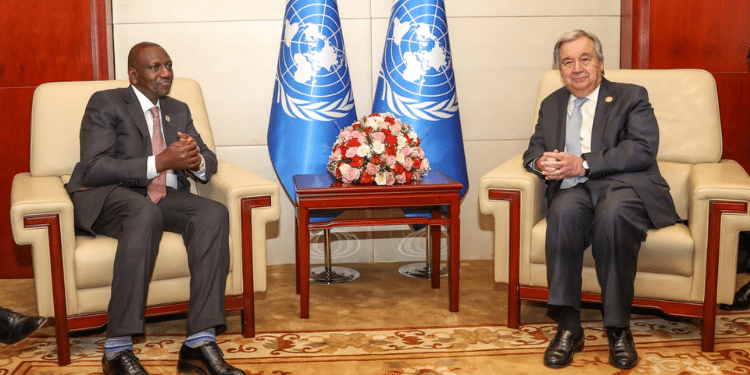

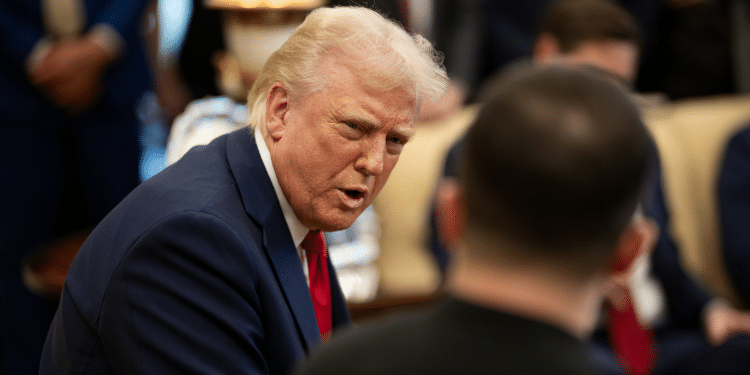

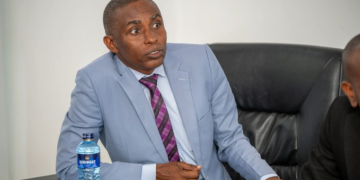

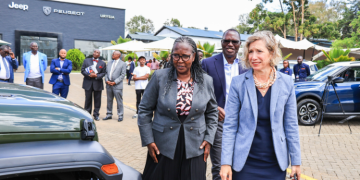

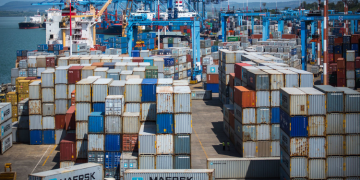
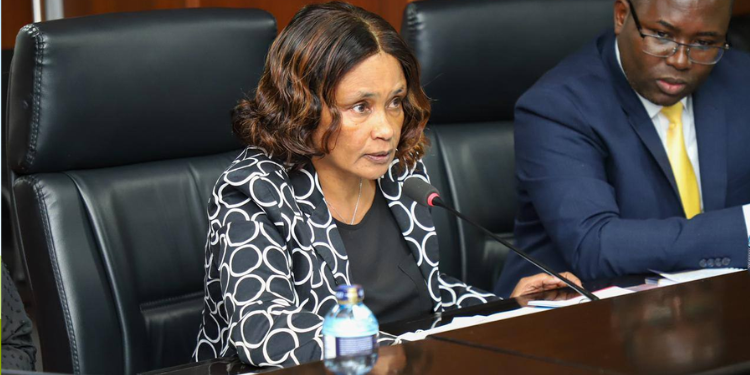
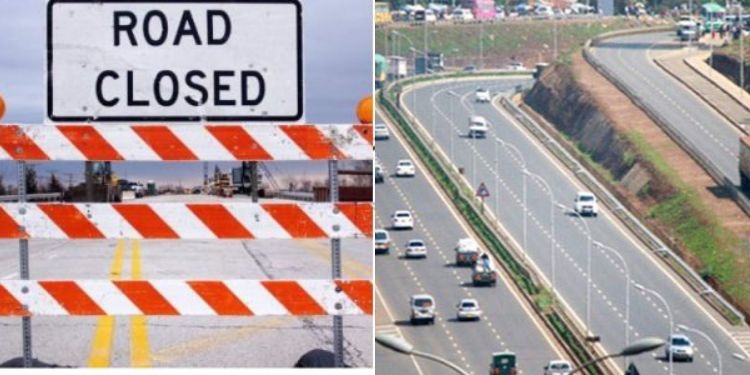








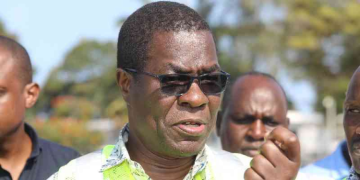

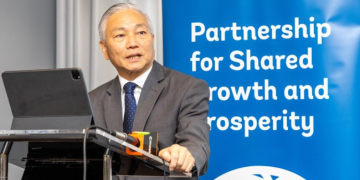

![Billions Each Top Kenyan Bank Has Made So Far In Profits This Year [List] Q3 2025 Results For Equity, Kcb, Co-Op, Absa And Other Banks]( https://thekenyatimescdn-ese7d3e7ghdnbfa9.z01.azurefd.net/prodimages/uploads/2025/11/C0-OP-KCB-Equity-Absa-360x180.png)
